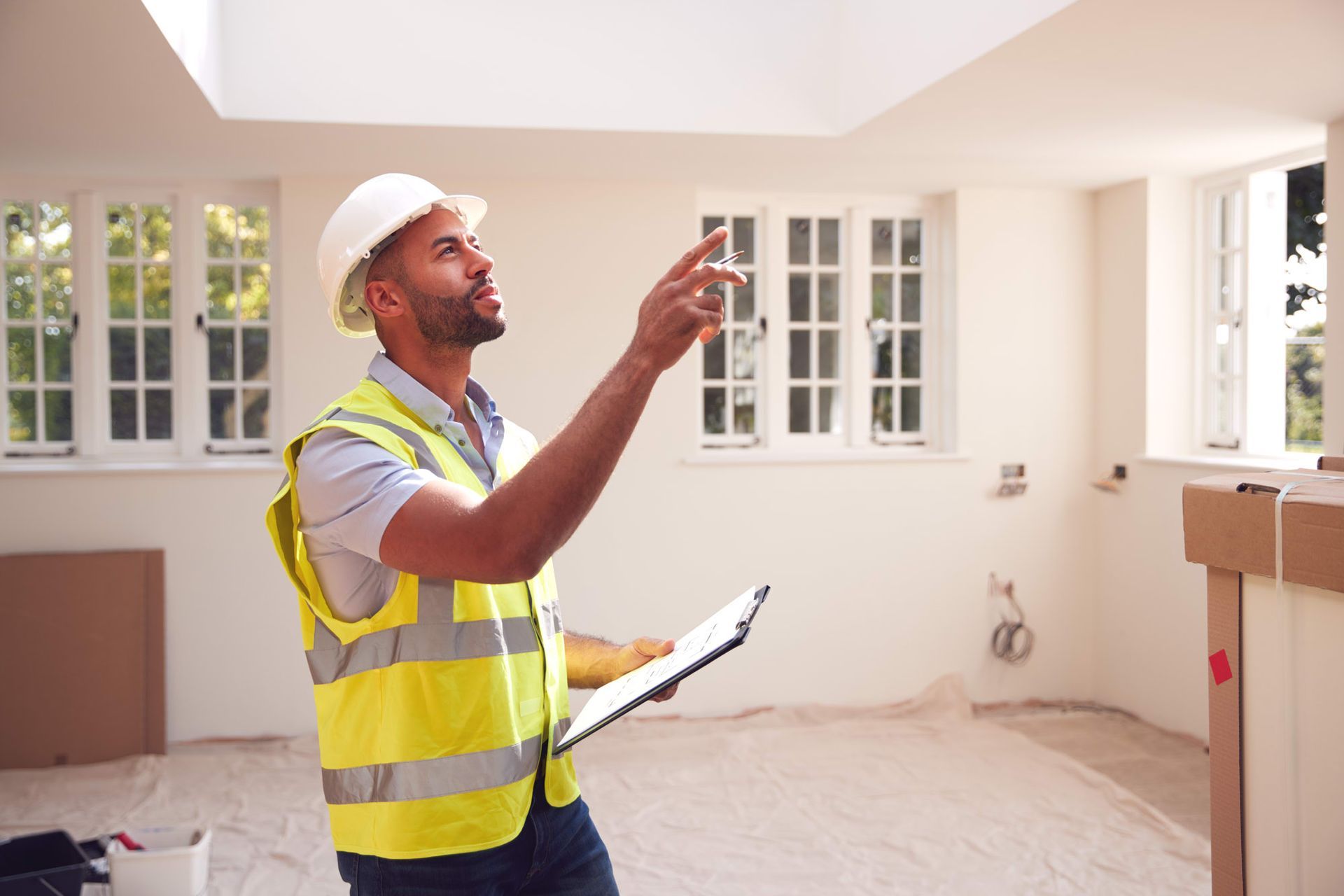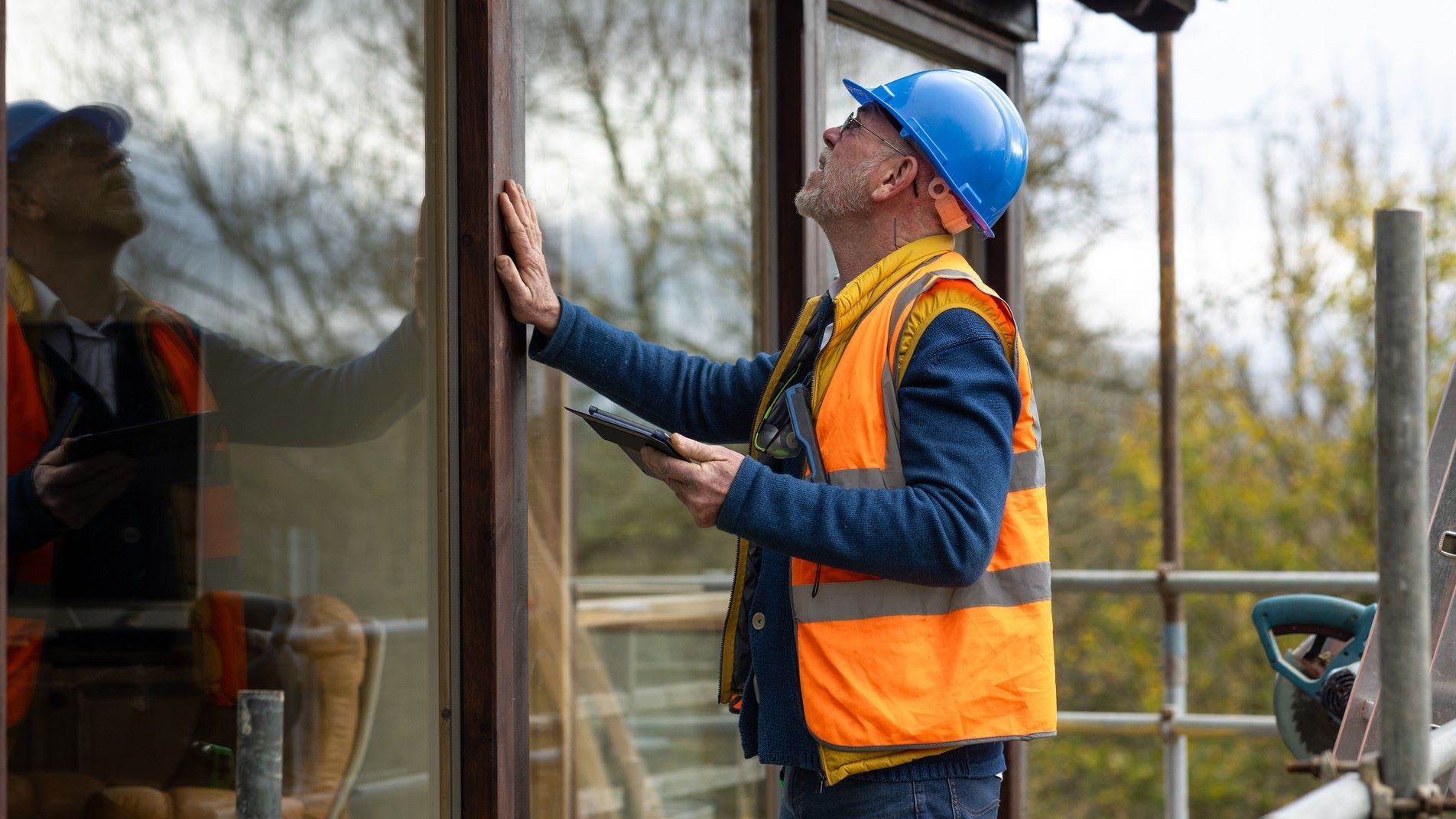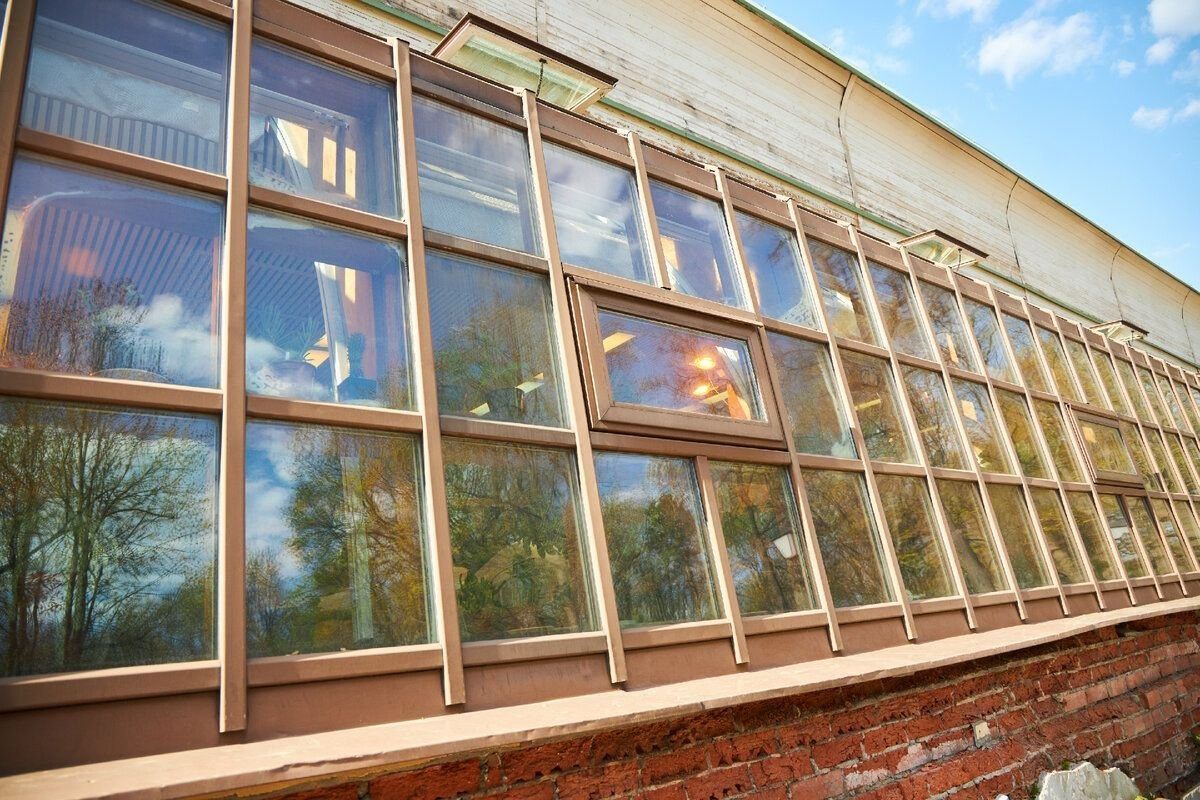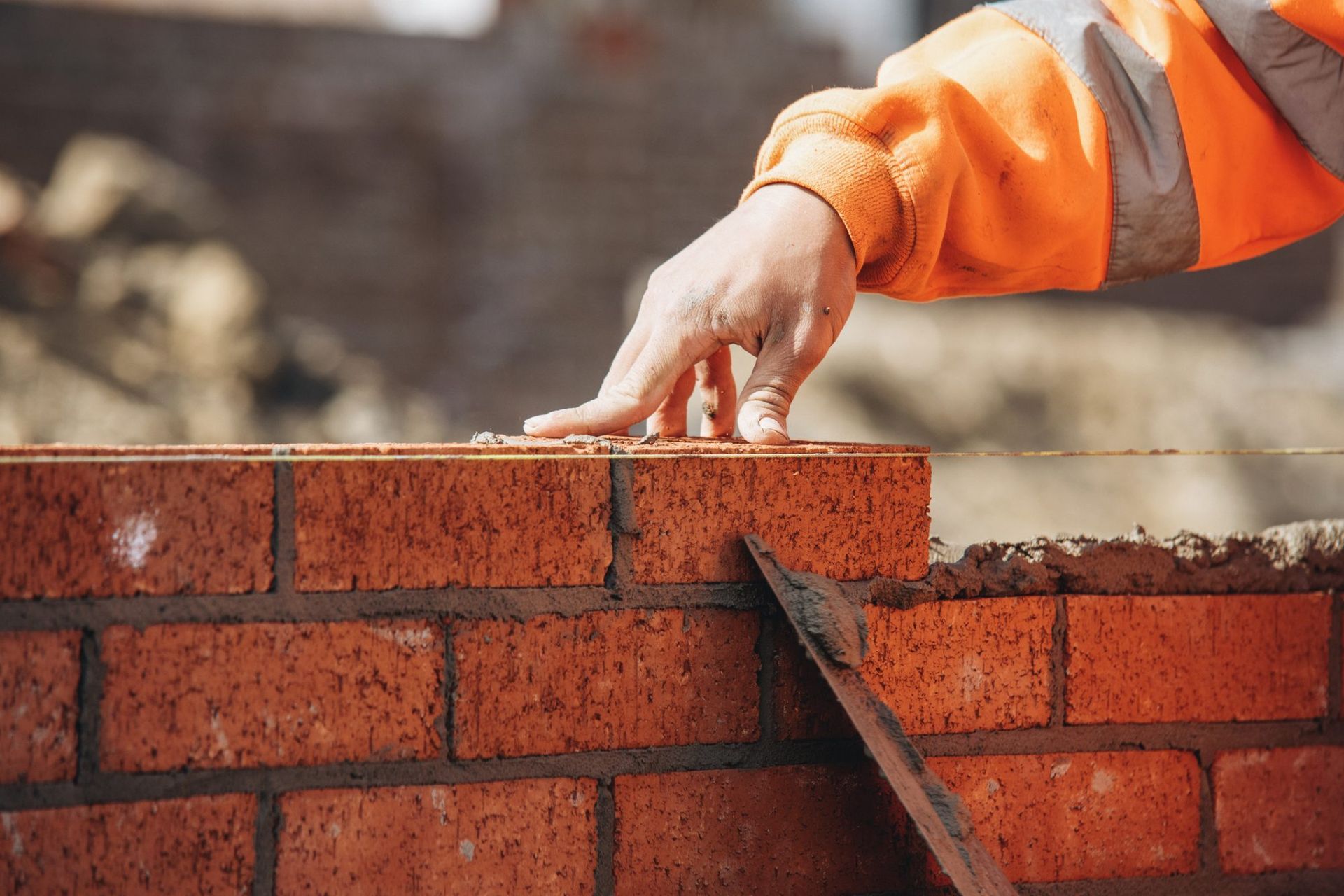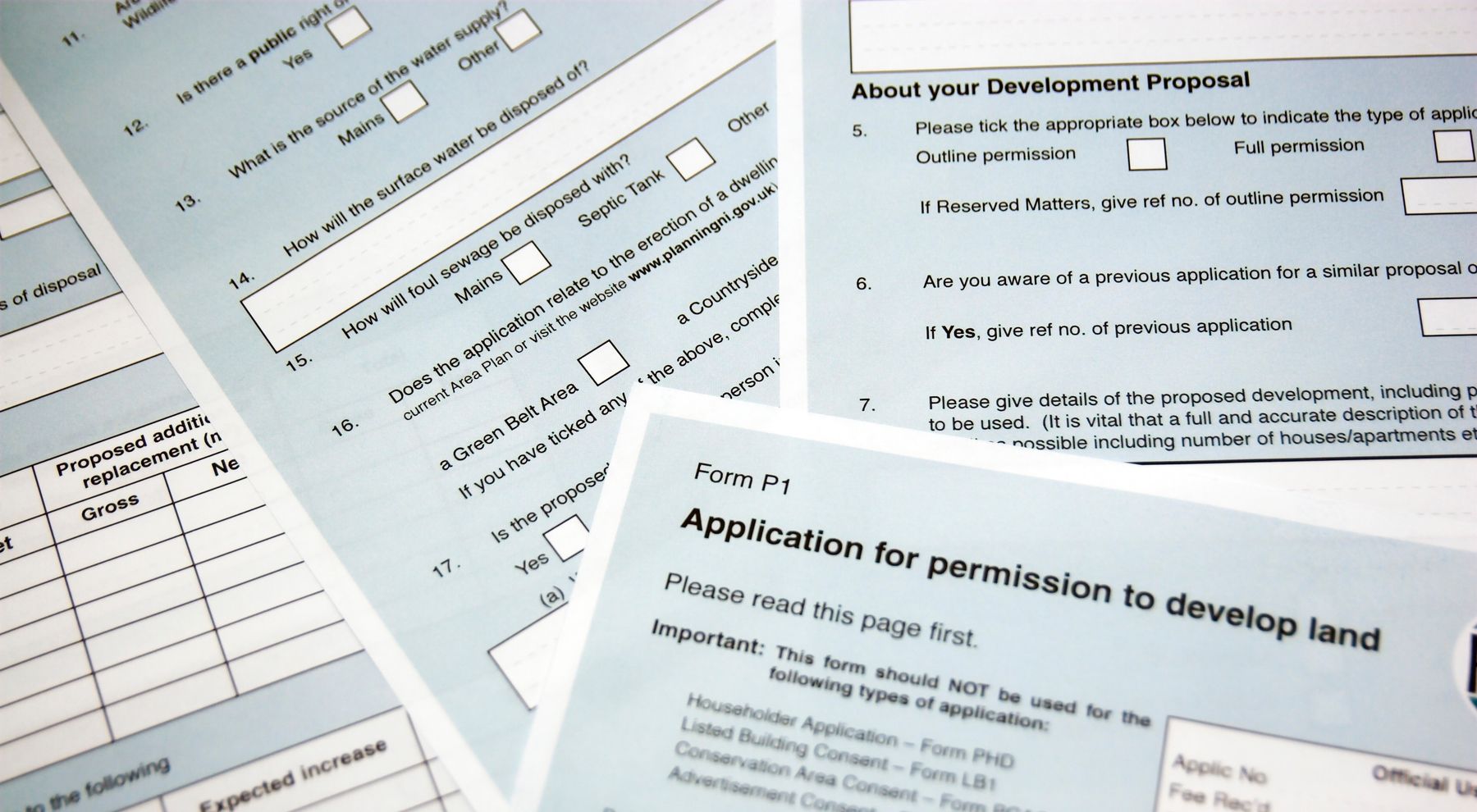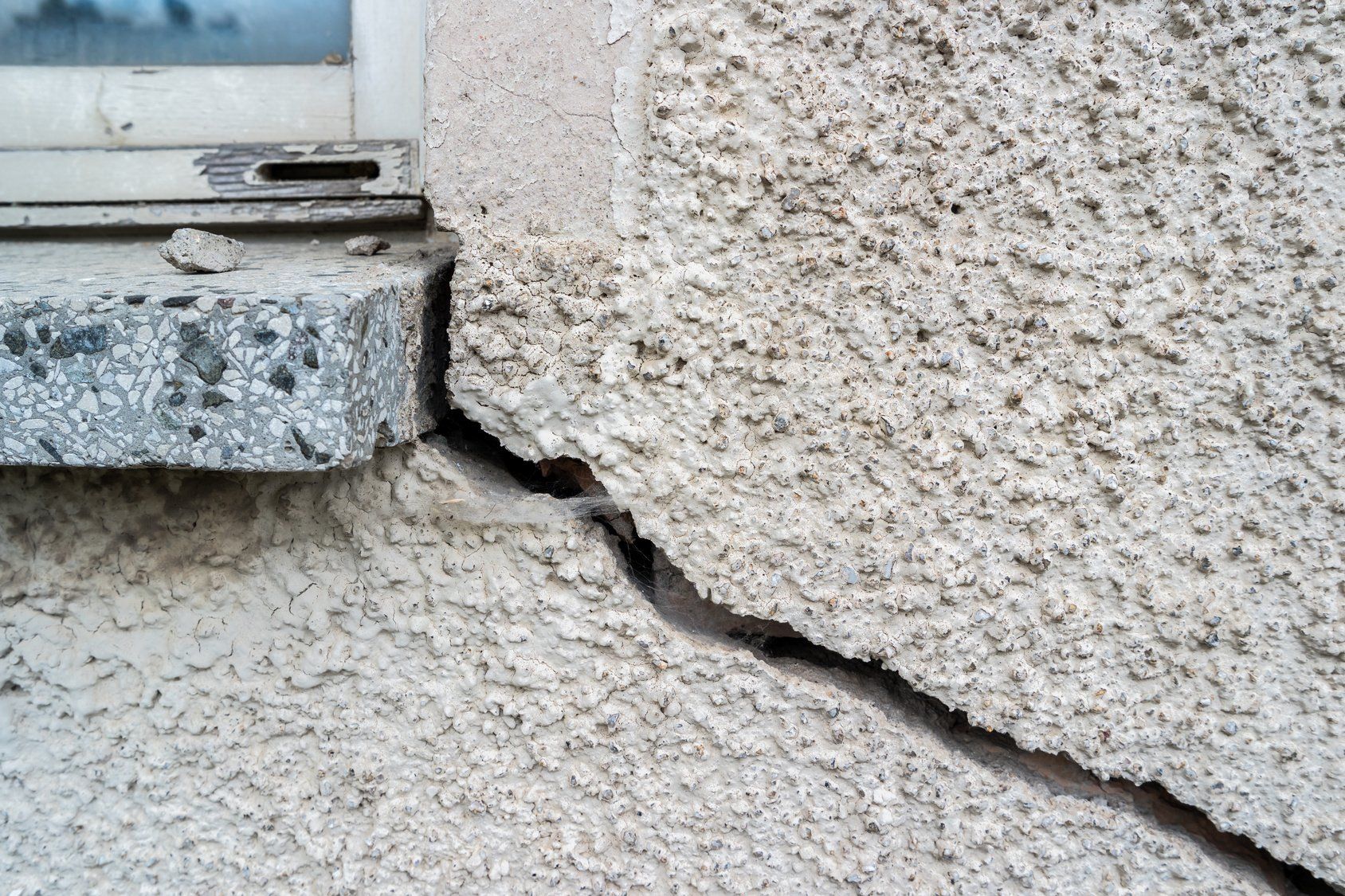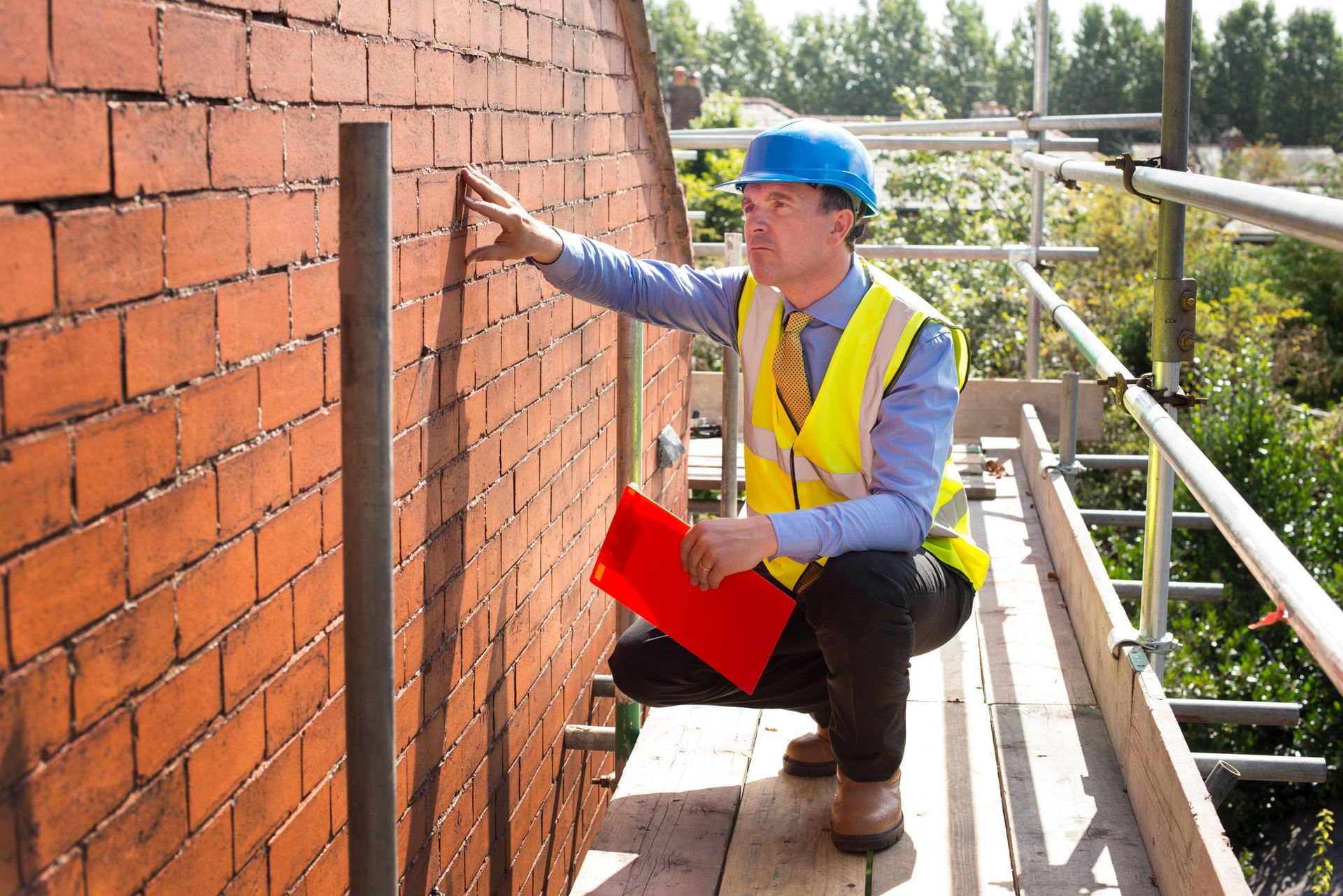What Qualifications do you need to be a Building Surveyor?

Have you ever considered how the buildings that surround us came to be? Whether it’s a brand new shopping centre or a conservatory extension next door, the chances are more than likely that a building surveyor was involved at one stage or another. Building surveying has been a registered profession since the 1970s, and they’re often heavily involved in the planning, development and construction stages of a new project. But how does one actually become a building surveyor? If you’re thinking of a new career, wondering what to study at university or simply want to learn more about the qualifications and experience needed when choosing a surveyor for hire, read on to learn all about this relatively modern profession.
What is a building surveyor?
There are actually several types of surveying careers available, although most overlap in their duties from time to time. Different roles in the surveying profession include valuation surveyors, land surveyors, quantity surveyors, and of course, the building surveyors discussed here.
A building surveyor is involved in all aspects of property and construction, and offers assessments and reports on issues, or ways to improve, all types of buildings. There’s rarely one typical day for a building surveyor, and the work can involve everything from drawing up plans and designs for new buildings, compiling structural reports for old or existing buildings, dealing with planning applications and advising on property law. They also advise on maintenance and repair for owners of existing buildings, either domestic or commercial, offer structural or design solutions and assess how suitable a building is, either for proposed purpose or in terms of location and cost. Some surveyors will be used to giving advice and help with all of the above, whereas others may choose to specialise in a specific area, e.g building conservation or planning applications.
Most building surveyors work a standard full time week, but split their time between site visits, external meetings or filling in admin and paperwork at the office. However, there’s likely to be a lot more hands-on time spent away from a desk compared to other jobs, which might suit those who love a challenge and a different task each day.
As you can see, building surveying covers a huge variety of tasks and responsibilities, so it’s essential to have the right training and qualifications. There are no formal qualifications needed in order to call yourself a ‘surveyor’ (it’s been known for everyone from land surveyors to double glazing salesmen to use the title), however a chartered surveyor will have all the necessary qualifications and be registered and regulated by the Royal Institution of Chartered Surveyors (RICS). We will discuss the skills, training and qualifications needed to become a chartered building surveyor in more detail, below.
What qualifications do you need?
As discussed above, building surveying encompasses many different skills and a variety of services in one job, so anyone entering the profession will need a high level of qualifications, as well as extensive training on the job. There are several routes you can take, with the most popular beginning by completing a RICS accredited degree course. Entry requirements will vary greatly depending on the subject and university, but most ask for at least two A Levels and four A-C GCSE grades, or the equivalent. Popular degree courses that are RICS accredited include surveying, construction and civil engineering, but there’s a full list of approved courses on their website. RICS works with universities to make sure their courses are relevant to the industry, but it’s still possible to make a career change to chartered surveying later in life.
If you have a foundation degree in an unrelated subject then you’ll need to take a postgraduate course in surveying, which can be done through a company’s post-graduate scheme, or studying full or part-time at an RICS-accredited university.
Training
After gaining the relevant degree qualifications, or the equivalent, prospective building surveyors will need to complete at least two years of structured professional experience (very similar to on-the-job training) in order to become fully qualified. Known as The Assessment of Professional Competence, this is fully supervised and structured training to make sure all trainee surveyors are competent to practice and uphold the standards set by the RCIS. The APC also involves an interview, a presentation to test candidate's interpersonal and business skills and a written list of experience so far. Once the assessment has been passed, chartered surveyor’s are free to use MRICS (Member of the Royal Institution of Chartered Surveyors) after their name if desired. Most candidates go straight from undergraduate degree to taking their APC, however professionals with a degree and 5 years experience in a relevant field can gain membership of the MRCIS in 12 months on a fast-track version of the APC course.
Career Progression
There are plenty of opportunities for career progression in the surveying industry, and training and professional development are often ongoing in any reputable firm. With experience, graduates could move into project or senior management, become a partner in a private practice or work self employed as a consultant. Becoming a qualified chartered surveyor also presents opportunities to move into similar careers, for example building technician, construction manager or structural engineer.
Finally, although not a qualification in itself, it’s a good idea to maintain a reasonable level of physical fitness. A lot of building surveyor work involves site visits in all weathers, which may be moderately physically demanding if you’re required to climb up ladders or assess hard to reach areas. A full driver’s licence is a big advantage, too.
Why might you need a building surveyor?
Managing an entire new build
Hiring a building surveyor to oversee a large project can take a lot of the stress away and manage any areas that clients might not be familiar with - for example planning permission, health and safety, boundary disputes and much more. As discussed above, building surveyors are highly skilled in many different areas, and can manage a project right through from initial design, to planning applications and advising workers on site. A surveyor’s breadth of construction knowledge, design skills and legal expertise ensures they are invaluable to clients when it comes to undertaking a new build project.
Apply for planning permission
Planning permission must be obtained from the local council before certain work can be carried out, for both commercial and domestic properties. Building surveyors can also help clients file planning applications, and deal with a lot of the health and safety paperwork which you may not have the time or experience to complete.
Insurance
For many people making an insurance claim, you’ll need a survey to assess the damage and therefore how much compensation can be paid out. That’s where building surveyors come in - they can provide insurance surveying for disasters such as fire or flood, as well as reinstatement of historical or listed buildings
Buying and selling
If you’re planning on buying or selling either a commercial or domestic property, it’s always a good idea to get a building surveyor in to assess things. They can look for any structural damage, repairs that need completing and whether the building meets fire safety and access standards. Getting a house survey done before buying or selling a property can save you a lot of hassle and make sure everyone is getting the best deal.
Maintenance
Building surveyors can oversee a whole range of maintenance work including refurbishment, repairs, alterations, roof repairs, window replacement and more. They can also carry out assessments and identify any weak spots that may need maintenance further down the line; and add precautions or reinforcements to save clients time and money.
If you’re looking for experienced construction experts you can trust, come to Simon Levy Associates. We’re an independent firm of chartered surveyors based in Hertfordshire, serving Greater London and the South East. We have experience dealing with both commercial and residential properties and offer a wide range of services including building and structural surveys, insurance claims, domestic building work, expert witnesses and much more. See our website for the full list of professional services , or get in touch and request a quote online . We look forward to helping you with your next project, big or small.

